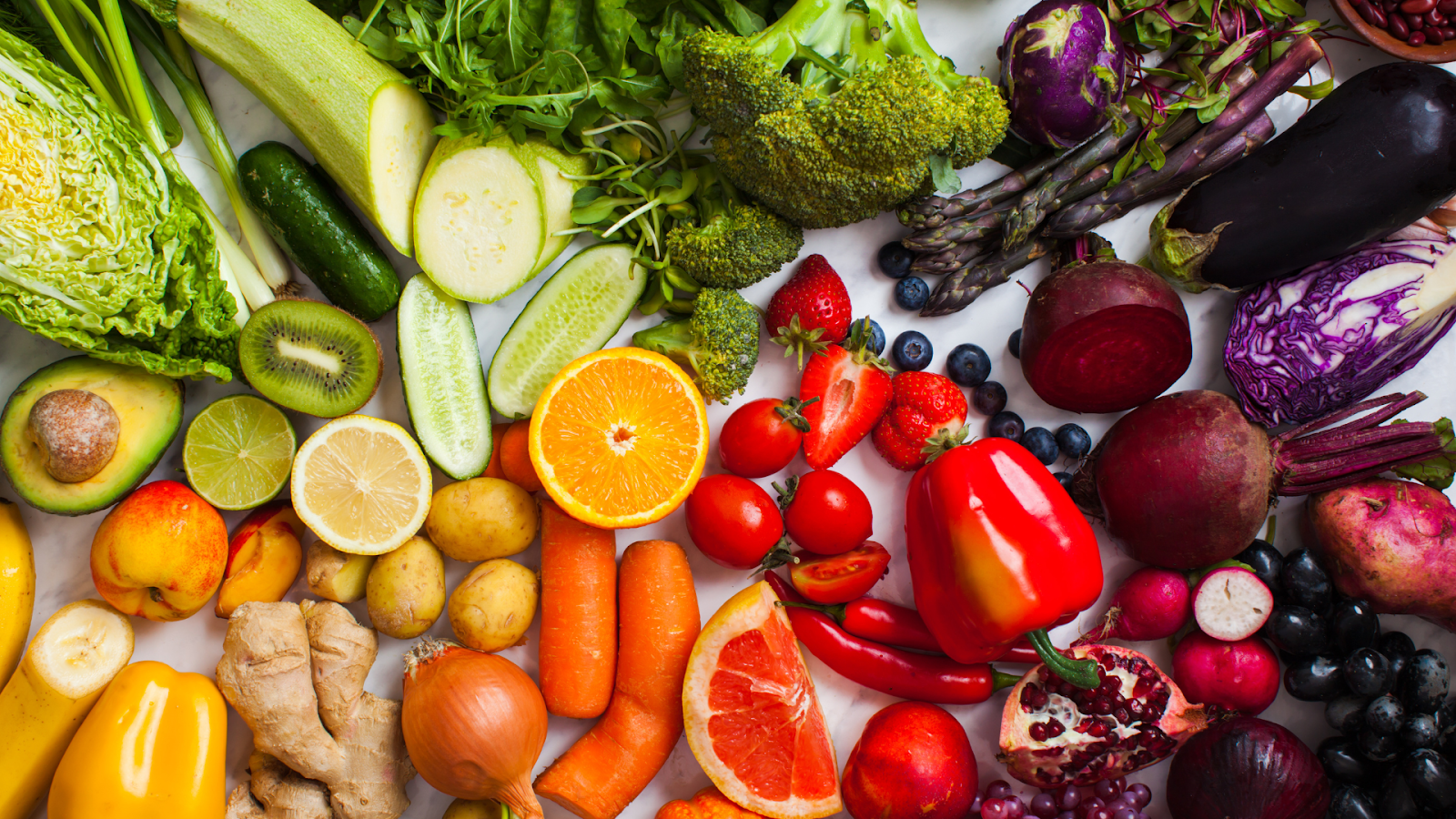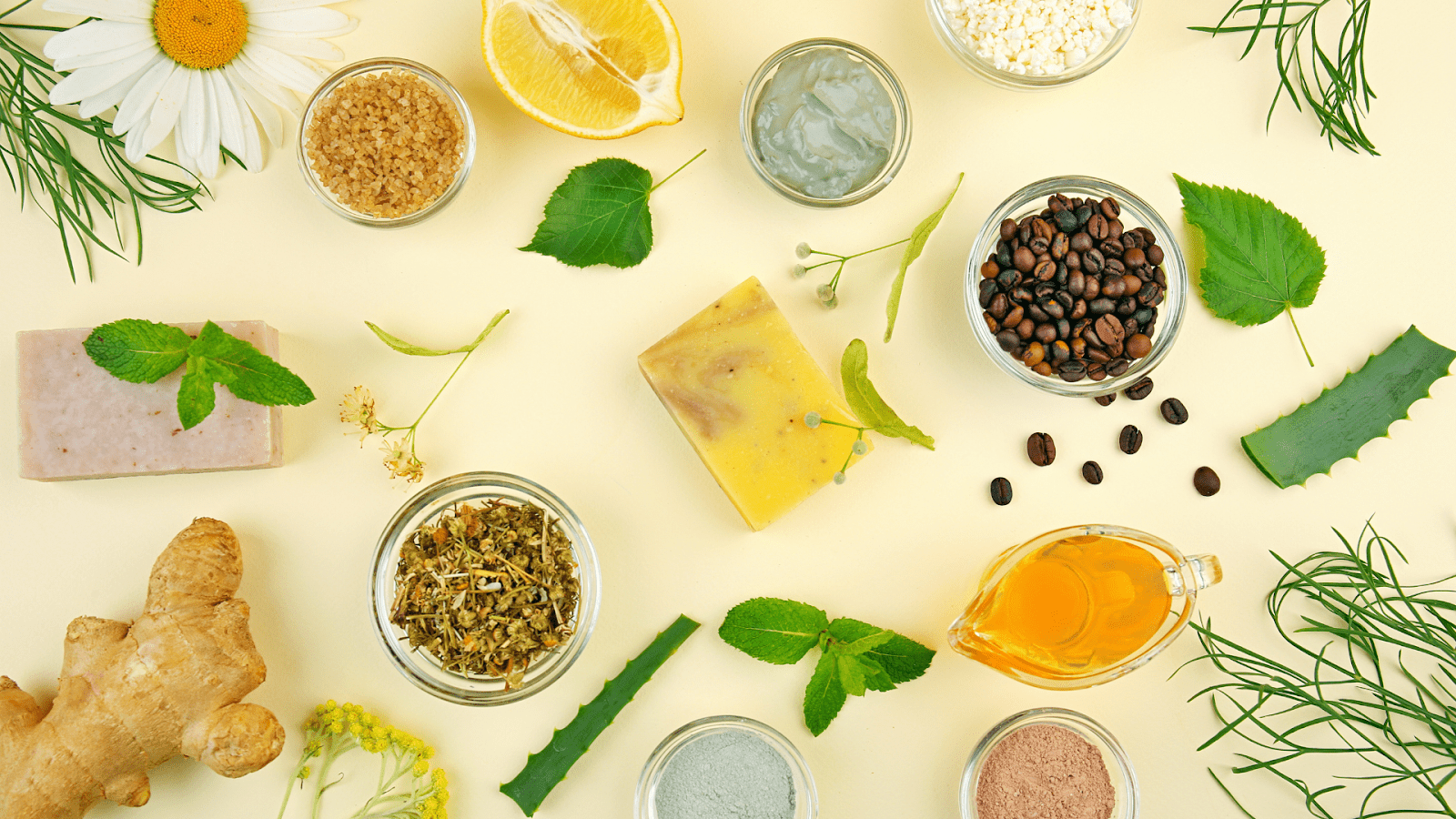Can Vitamins Help Reduce Inflammation?


Key Takeaways:
- Key Vitamins: Explore the role of key vitamins like A, C, D, E, and K in reducing inflammation.
- Dietary Sources: Understand how to incorporate anti-inflammatory vitamins into your diet through natural food sources and supplements.
- Scientific Support: Learn about the scientific studies supporting the effectiveness of vitamins in managing inflammation and the potential risks associated with overconsumption.
As the leading authority in liquid vitamins and supplements, Tropical Oasis is dedicated to enhancing health through superior absorption and delicious formulations. With a commitment to quality and innovation, we offer a range of products that cater to various health needs, ensuring you get the most out of your supplements.
Inflammation is a common issue that can lead to chronic health problems if not managed effectively. While inflammation is a natural response to injury or infection, chronic inflammation can contribute to arthritis, heart disease, and diabetes. Vitamins are crucial in managing inflammation, helping reduce its impact on the body, and promoting overall health.
In this piece, we will discuss vitamins' role in reducing inflammation, how to incorporate them into your diet, potential risks, and the scientific evidence supporting their benefits. We will also compare vitamins with other anti-inflammatory agents and share personal success stories.
The Role Of Diet In Managing Inflammation
Diet plays a significant role in promoting or reducing inflammation in the body. Certain foods, such as those high in sugar and saturated fats, can trigger inflammatory responses. On the other hand, a diet rich in fruits, vegetables, whole grains, and healthy fats can help combat inflammation. Understanding which foods to include and avoid is key to managing inflammation through dietary choices.
Experience the powerful benefits of Tropical Oasis Calcium Magnesium Liquid Supplement in reducing inflammation. This easy-to-take liquid formula combines calcium, magnesium, Vitamin D3, and boron to effectively support bone health and combat inflammation. With a high absorption rate, your body can quickly and efficiently utilize these nutrients, providing faster relief and overall wellness. Try it today and feel the difference!
Key Vitamins Known To Reduce Inflammation
Several vitamins are known for their anti-inflammatory properties. These vitamins can help reduce inflammation and support overall health. Here are some of the key vitamins to consider:
Vitamin A
Vitamin A is essential for maintaining healthy immune function and reducing inflammation. It regulates the immune system and prevents overactive inflammatory responses. Foods rich in Vitamin A include carrots, sweet potatoes, and spinach. Regular intake of these foods can help maintain optimal immune function and reduce chronic inflammation.
Vitamin C
Vitamin C is a powerful antioxidant that helps protect the body from oxidative stress and inflammation. It neutralizes free radicals that can cause cellular damage and contribute to inflammatory processes. Citrus fruits, strawberries, and bell peppers are excellent sources of Vitamin C. Incorporating these foods into your diet can boost your antioxidant levels and reduce the risk of chronic inflammation-related diseases.
Vitamin D
Vitamin D plays a crucial role in immune regulation and has been shown to reduce inflammation. It modulates the immune system by inhibiting the production of pro-inflammatory cytokines and promoting anti-inflammatory pathways. Sun exposure, fatty fish, and fortified dairy products are good sources of Vitamin D. Ensuring adequate Vitamin D levels through diet and sunlight can help manage inflammatory conditions and support overall immune health.
Vitamin E
Vitamin E is another antioxidant that helps reduce inflammation and support immune function. It protects cell membranes from oxidative damage and has been shown to reduce markers of inflammation in the body. Nuts, seeds, and green leafy vegetables are rich in Vitamin E. Consuming these foods can enhance your body's ability to combat inflammation and improve overall health.
Vitamin K
Vitamin K is known for its role in blood clotting but has anti-inflammatory properties. It helps regulate immune responses and reduces the expression of pro-inflammatory markers. Leafy greens like kale and spinach are high in Vitamin K. Including these vegetables in your diet can provide anti-inflammatory benefits and support cardiovascular health by reducing inflammation in blood vessels.
How To Incorporate Anti-inflammatory Vitamins Into Your Diet
Incorporating vitamins that help reduce inflammation into your diet can be easy and delicious. Here are some practical tips to ensure you get enough of these essential nutrients:
Eat A Variety Of Fruits And Vegetables
Aim to fill half your plate with fruits and vegetables at every meal. Include a colorful array to maximize your intake of vitamins A, C, and K. Examples include carrots, sweet potatoes, bell peppers, and leafy greens. This provides a wide range of nutrients and makes meals more visually appealing and enjoyable, encouraging consistent healthy eating habits.
Choose Healthy Fats
Incorporate sources of healthy fats like nuts, seeds, and olive oil, which are high in Vitamin E. Avocados and fatty fish like salmon are also excellent choices. These fats help your body absorb fat-soluble vitamins and provide essential fatty acids that further reduce inflammation. Incorporating these foods into your diet can improve heart health and support overall wellness.
Opt For Fortified Foods
Consume foods fortified with vitamins, such as Vitamin D-fortified milk, orange juice, and cereals. These can help you meet your daily Vitamin D requirements, especially in areas with limited sunlight. Fortified foods are a convenient way to ensure adequate intake of essential vitamins, particularly during winter months or for individuals with dietary restrictions.
Snack Smart
Choose snacks that are rich in anti-inflammatory vitamins. Fresh fruit, raw veggies with hummus, and a handful of nuts are nutritious and satisfying options. These snacks help manage hunger between meals and provide a steady supply of vitamins and antioxidants throughout the day, supporting sustained anti-inflammatory effects.
Consider Supplements
If you have trouble getting enough vitamins from food alone, talk to your healthcare provider about taking supplements. They can recommend appropriate dosages based on your individual needs. Supplements can be particularly beneficial for individuals with specific deficiencies or dietary limitations, ensuring they receive the necessary nutrients to combat inflammation effectively.
Potential Risks And Considerations
While vitamins are essential for health, it’s important to be aware of potential risks and considerations when increasing your intake, especially through supplements:
Overconsumption
Taking excessive amounts of certain vitamins can lead to toxicity and adverse health effects. For example, too much Vitamin A can cause liver damage, while excessive Vitamin D can lead to calcium buildup in the blood, potentially causing vascular and tissue damage.
Interactions With Medications
Some vitamins can interact with medications, affecting their efficacy or causing harmful side effects. For instance, Vitamin K can interfere with blood thinners, reducing their effectiveness, and high doses of Vitamin E can increase the risk of bleeding by affecting platelet aggregation.
Individual Health Conditions
People with certain health conditions may need to be cautious about their vitamin intake. For example, individuals with kidney disease should avoid high doses of Vitamin D due to the risk of calcium accumulation, which can exacerbate kidney problems.
Natural Sources vs. Supplements
Obtaining vitamins from natural food sources is generally safer and more beneficial than taking supplements. Whole foods provide a complex mix of nutrients that work together to promote health, offering additional benefits such as fiber and antioxidants that supplements cannot replicate.
Consulting A Healthcare Professional
Before making significant changes to your vitamin intake or starting new supplements, it’s important to consult with a healthcare professional. They can provide personalized advice based on your health status and nutritional needs, ensuring you avoid potential interactions and adverse effects while meeting your health goals.
Comparing Vitamins With Other Anti-inflammatory Agents
While vitamins play a crucial role in reducing inflammation, it is essential to compare their effectiveness with other anti-inflammatory agents to get a comprehensive view:
- Anti-inflammatory Medications: Nonsteroidal anti-inflammatory drugs (NSAIDs) like ibuprofen and aspirin are commonly used to reduce inflammation and pain. They work by inhibiting enzymes involved in the inflammatory process. While effective, they can have side effects like gastrointestinal issues and increased risk of heart disease with long-term use.
- Natural Anti-inflammatory Foods: Certain foods are known for their anti-inflammatory properties. In fish oil, Turmeric, ginger, and omega-3 fatty acids are potent natural anti-inflammatories. Unlike synthetic medications, these natural agents have fewer side effects and provide additional health benefits.
- Lifestyle Changes: Regular physical activity, stress management techniques like yoga and meditation, and adequate sleep are crucial for managing inflammation. These lifestyle changes complement the effects of vitamins and other anti-inflammatory agents, promoting overall well-being.
- Herbal Supplements: Herbal supplements such as curcumin (from turmeric), boswellia, and green tea extract have been shown to reduce inflammation. These supplements offer a natural alternative to pharmaceutical anti-inflammatories but should be used cautiously and under professional guidance.
- Synergistic Effects: Vitamins and other anti-inflammatory agents can synergize. For instance, consuming omega-3 fatty acids and vitamins D and E can enhance their anti-inflammatory benefits. However, it is important to balance these combinations to avoid potential interactions and side effects.
Understanding the comparative benefits and limitations of these agents can help patients make informed decisions about managing inflammation through a holistic approach.
Final Thoughts
Vitamins play a vital role in reducing inflammation and promoting overall health. Key vitamins like A, C, D, E, and K have been shown to possess anti-inflammatory properties, making them valuable additions to an anti-inflammatory diet. Incorporating these vitamins through a balanced diet rich in fruits, vegetables, nuts, seeds, and fortified foods can help manage inflammation effectively.
While vitamins are beneficial, being mindful of potential risks and interactions with medications is essential. Consulting a healthcare professional before significantly changing your vitamin intake is always wise. Additionally, combining vitamins with other anti-inflammatory agents, lifestyle changes, and natural supplements can provide a comprehensive approach to managing inflammation.
Frequently Asked Questions About Vitamins Reducing Inflammation
What are the best vitamins to reduce inflammation?
The best vitamins known for reducing inflammation are Vitamin A, Vitamin C, Vitamin D, Vitamin E, and Vitamin K. These vitamins have anti-inflammatory properties and help regulate the immune system.
Can taking vitamin supplements help with inflammation?
Vitamin supplements can help reduce inflammation, especially if you have a deficiency. However, consulting with a healthcare professional before starting any supplements is important.
How does Vitamin D help with inflammation?
Vitamin D helps modulate the immune system and reduce the production of inflammatory cytokines, substances secreted by the immune system that can cause inflammation.
Can Vitamin C reduce inflammation in the body?
Yes, Vitamin C is a powerful antioxidant that helps reduce oxidative stress and inflammation by neutralizing free radicals in the body.
Is it better to get vitamins from food or supplements for inflammation?
It is generally better to get vitamins from food because whole foods provide a complex mix of nutrients to reduce inflammation and promote overall health.
What foods are rich in anti-inflammatory vitamins?
Leafy greens, citrus fruits, nuts, seeds, fatty fish, and fortified dairy products are among foods rich in anti-inflammatory vitamins. Incorporating a variety of these foods can help reduce inflammation.
Can a vitamin deficiency cause inflammation?
Yes, deficiencies in certain vitamins, such as Vitamin D and Vitamin C, can lead to increased inflammation and a weakened immune response.
How long does it take for vitamins to reduce inflammation?
The time it takes for vitamins to reduce inflammation can vary depending on the individual's health status and the severity of inflammation. Some people may notice improvements within a few weeks, while others may take several months.
Are there any risks associated with taking vitamins for inflammation?
Taking high doses of certain vitamins can lead to toxicity and adverse health effects. It is important to follow recommended dosages and consult with a healthcare professional.
Can children take vitamins to help reduce inflammation?
Children can take vitamins to help reduce inflammation, but it is important to use appropriate dosages for their age and size. Consulting with a pediatrician before giving children vitamin supplements is recommended.
Sources:
- https://www.facebook.com/WebMD. (2011, November 16). Vitamins That Fight Inflammation. WebMD; WebMD. https://www.webmd.com/vitamins-and-supplements/inflammation-fighting-vitamins
- Vitamins and Supplements to Fight Inflammation. (n.d.). WebMD. https://www.webmd.com/vitamins-and-supplements/ss/vitamins-supplements-fight-inflammation
- Anti-inflammatory supplements: 8 natural options. (2019, August 15). Www.medicalnewstoday.com. https://www.medicalnewstoday.com/articles/326067
- Natural remedies for inflammation: Foods, supplements, and more. (2021, February 24). Www.medicalnewstoday.com. https://www.medicalnewstoday.com/articles/natural-remedies-for-inflammation





